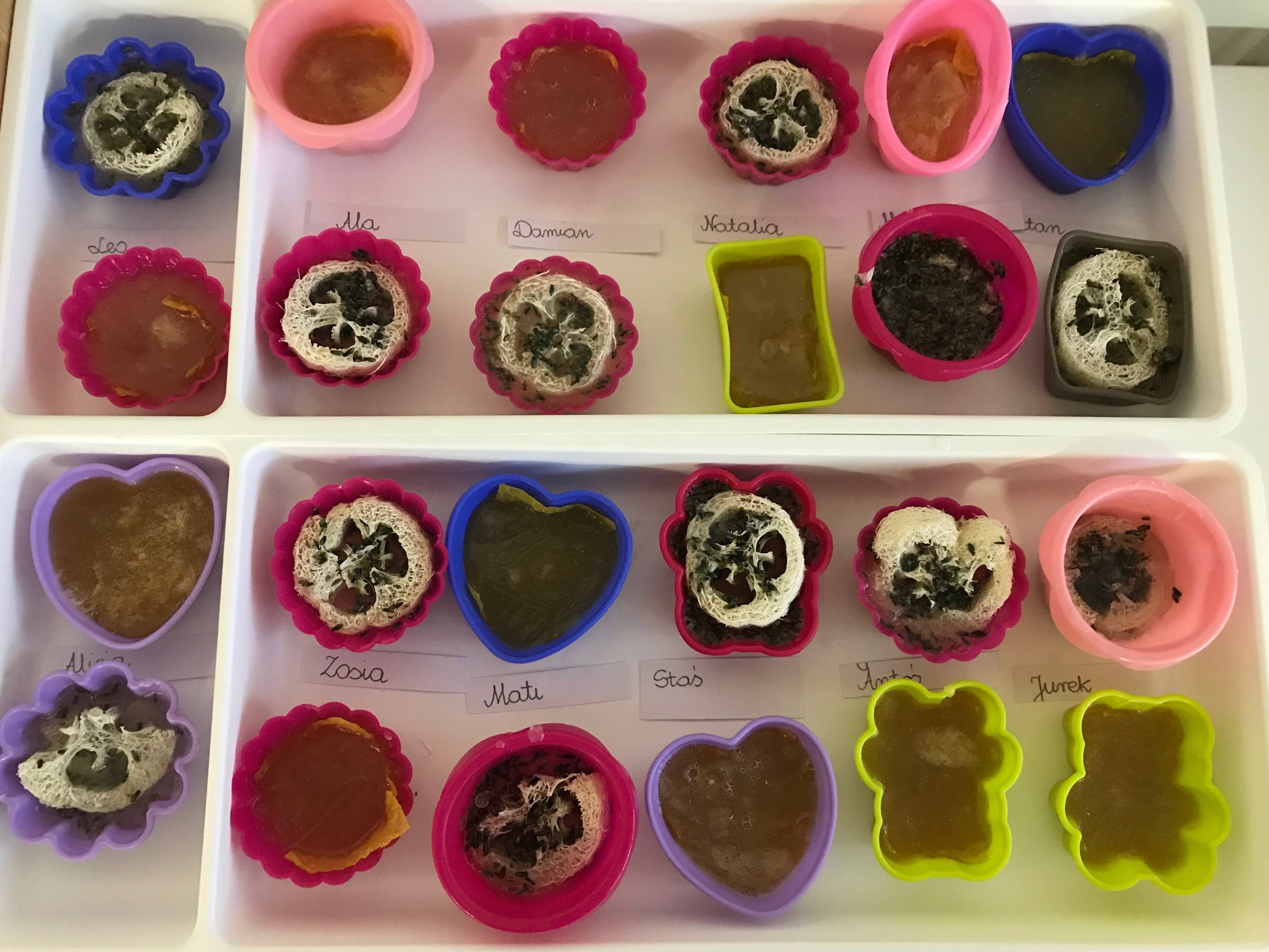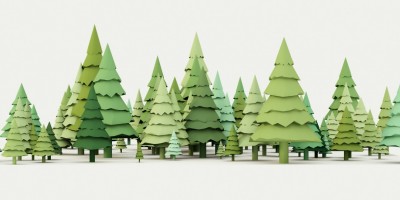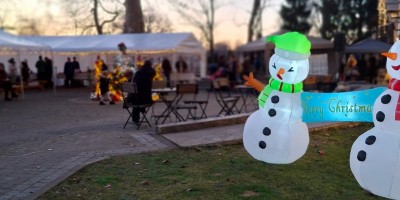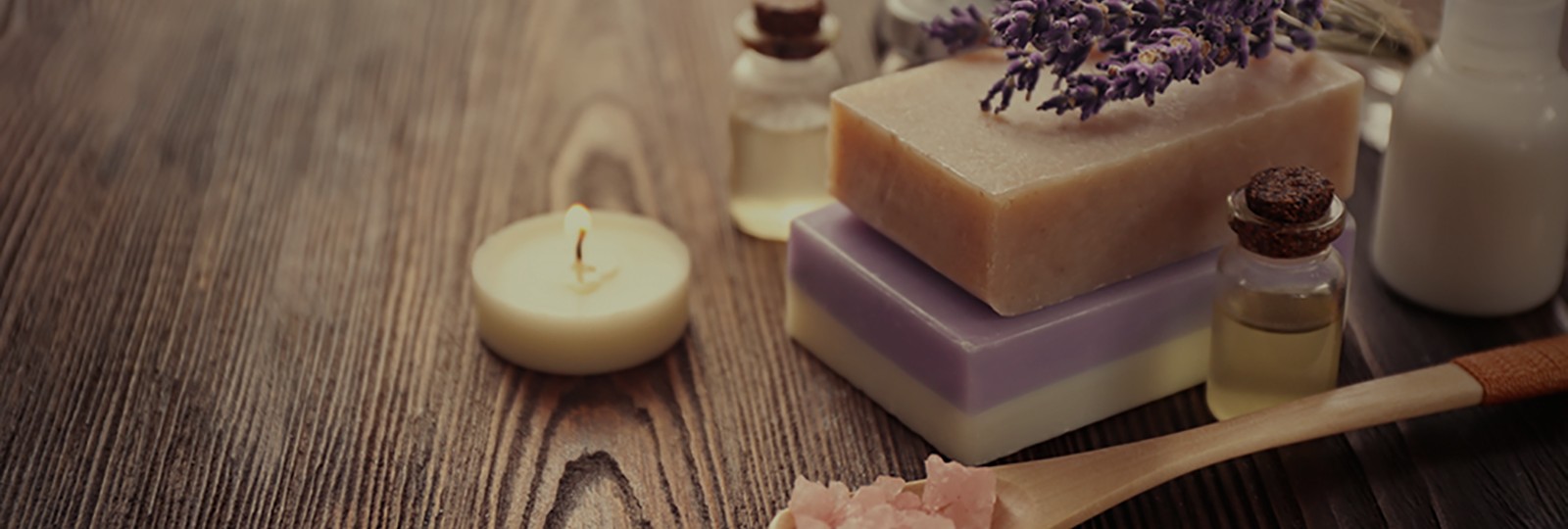Soap washes everything... The workshop was an excellent opportunity for children to learn about soap's history, its properties, and create their unique glycerine soaps.
During workshops, children learned:
- what contemporary soap is made of;
- whether manufacturing soap is difficult;
- whether store-bought soaps are healthy for our skin;
- what additives can be added to soap and its properties then.
The children made:
- Amber and honey glycerin soap - a gentle soap with moisturizing, soothing and nourishing properties. The addition of ground amber gives the soap soothing scrubbing properties. The skin better absorbs the nutrients and minerals trapped in amber, such as silicon, magnesium, iron, calcium, potassium. It helps in skin regeneration, adds energy, improves immune capabilities, blood circulation, oxygenates. It makes the skin look better, healthier, more luscious.
- Lavender soap with sea sponge - moisturizing soap with a captivating scent of lavender. The aromatic compounds in lavender oil have a toning effect on the nervous system. The scent of this oil calms, relieves emotional stress and nervous tension and facilitates falling asleep. Lavender oil also has antiseptic properties and accelerates the regeneration of the epidermis. Sea sponge (loofah) embedded in this soap perfectly massages the skin and is a beautiful soap decoration.

Soap washes everything ... Interesting Facts
It is hard to imagine life without soap. Soap is the most commonly used cosmetic for daily hygiene. For centuries, the chemical formula of soap has been changing to return to its roots in recent years. Again, handmade soaps, according to old recipes - natural, without preservatives, synthetic dyes, foaming agents and fragrances are in demand.
The exact origin of the soap is unknown. Some historical sources claim that soap was invented as early as 5 thousand years ago by the Phoenicians, while others state that the precursors of hygiene with the use of soap were the ancient Romans in 2800 BC.
The truth is that soap, in the beginning, was used mainly for washing and washing wounds, and its composition was very different from what we use today. And so, in addition to oils in soaps, there were also tree ashes and animal tallow (melted down beef or sheep fat).
Soap began to be used for hygienic purposes as late as the 11th century. Then the first soap factories were established in Italy, France and Spain. And it became popular in the 19th century when the fashion for a healthy lifestyle and hygiene started worldwide.
The chemical formula of soap changed throughout the centuries. In the past, it was associated with luxury and elite goods - nowadays, it serves primarily to maintain hygiene and health.
Despite technological progress, soaps available in stores usually do not serve our skin. Classical soaps have an alkaline reaction - around pH 9, which can damage the acid-lipid coat of the skin. The composition of conventional soaps also includes chemical additives such as petroleum derivatives, preservatives, dyes, synthetic detergents responsible for better soap lather (tensides). As a result of using such conventional soap, the skin becomes dry, irritated and deprived of its acid protective layer, defenceless against the external environment. What is more, the detergents from soap get into the environment, mainly into the water, causing degradation of entire ecosystems.
Fortunately, there is an alternative. You can make soaps based on original recipes, using ingredients known to nature.
How do they differ from the conventional, mass-produced ones? Mainly the scale of production, composition and quality of raw materials used. Soaps made according to old recipes are skin-friendly; they contain natural, often organic plant additives that increase their care properties and give a beautiful aroma.
Glycerin soaps, laurel soaps (Aleppo soap) or Marseille soap are the most popular in traditional soap stores and stores with natural cosmetics.
What's new at the Academy?
 12.01.2026
Admissions for the 2026/2027 academic year are now open! We invite you to Open Days at our campuses.
12.01.2026
Admissions for the 2026/2027 academic year are now open! We invite you to Open Days at our campuses.
Dear Parents and Students, We are delighted to announce the opening of admissions for the International Montessori Academy for the 2026/2027...
 19.12.2025
Light, serenity, and joy – Christmas wishes for our community
19.12.2025
Light, serenity, and joy – Christmas wishes for our community
Dear Parents and Friends of IMA and MFSB! On the occasion of the upcoming Christmas season and the approaching New Year, we would like to extend...
 17.12.2025
An amazing result from the Christmas Fair – we raised nearly 19,000 PLN for Zosia!
17.12.2025
An amazing result from the Christmas Fair – we raised nearly 19,000 PLN for Zosia!
Dear Friends! It is with immense gratitude and emotion that we announce that during this year’s Christmas Fair, we managed to raise as much as...


